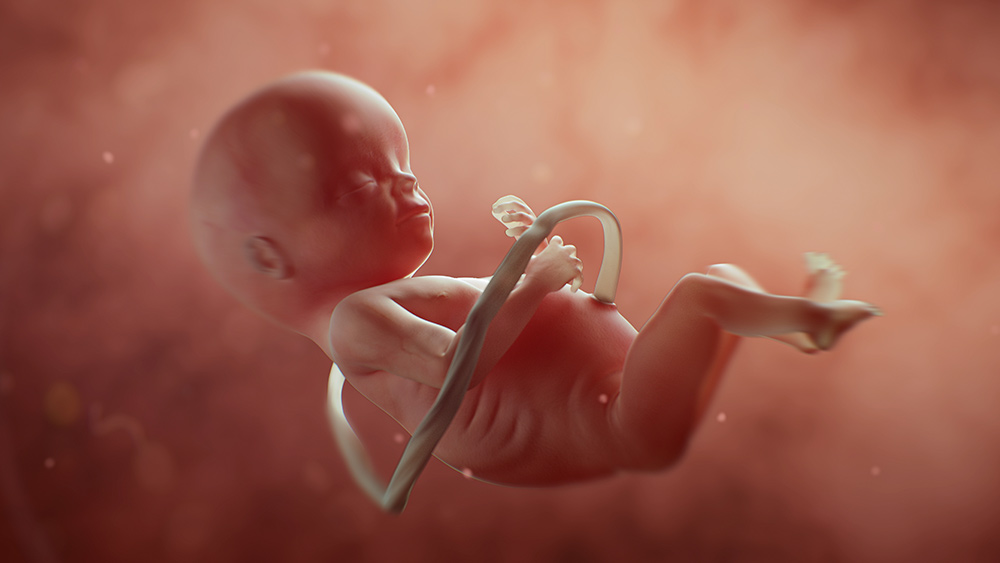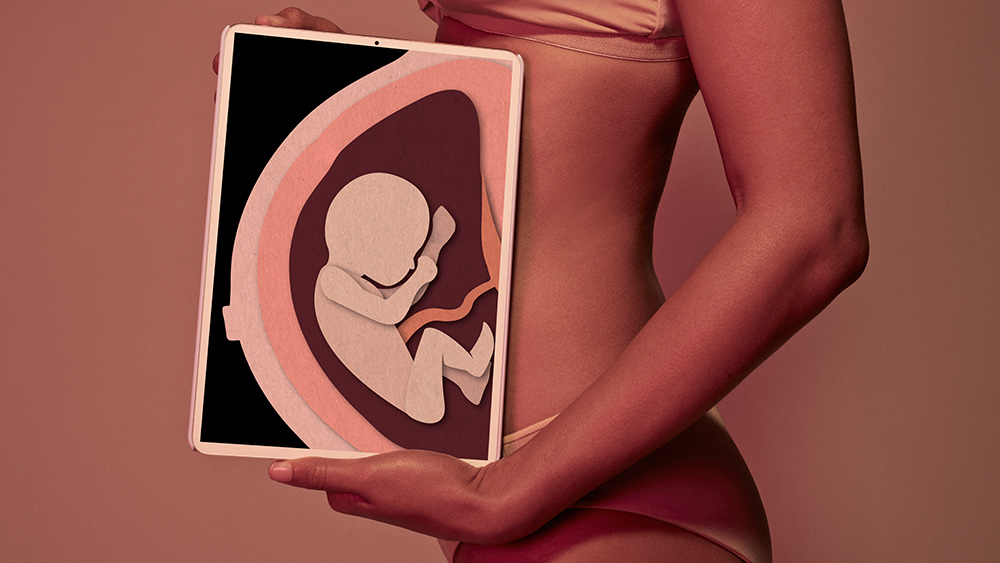Maine Governor Janet Mills signs controversial bill that will allow “post-viability” abortions
07/27/2023 / By Olivia Cook

Democratic Governor Janet Mills has signed into law a bill that will allow abortions post-viability.
LD 1619, the bill to expand access to abortion in Maine, was one of the most controversial of this year’s legislative session and only narrowly received initial passage in the state House.
Under Maine’s current law, abortion is legal until viability, which is the stage of pregnancy when an unborn baby has developed enough that it is able to survive outside the uterus with medical help. It usually happens around 24 to 26 weeks of pregnancy.
But when the new Maine law takes effect this fall, LD 1619 will:
- Remove the viability restriction – changing the standard for when an abortion may be performed “after viability” to when a licensed physician determines that it is necessary instead of when it is necessary to preserve the life or health of the mother.
- Remove the criminal penalties for performing an abortion without a license as a physician, physician assistant or advanced practice registered nurse and for performing “back-alley” abortions.
Only Alaska, Colorado, New Jersey, New Mexico, Oregon, Vermont and the District of Columbia currently allow for abortions without gestational limits.
“We must recognize the complexity of pregnancy and, like every other health care procedure, we’ve got to take government out of the decision-making process and put the doctor and the patient in charge,” Mills said.
During her reelection campaign, Mills had said the old law didn’t need to be changed. But she reversed course when a Maine veterinarian had to travel to Colorado for an abortion after learning at week 32 of pregnancy that her unborn son had a fatal condition that would not allow him to survive.
Mills and Democratic legislative leaders say the change is needed to address the rare, but heartbreaking instances when women discover late in pregnancy that the fetus has a fatal anomaly. Right now in Maine, those women have to travel to other states to have the procedure performed.
Opponents of the bill called it extreme and said that it could allow abortions in the latter stages of pregnancy, even when a fetus does not have a fatal condition.
Mills called those arguments false, and accused abortion opponents in Maine and other states of pushing “extreme” measures to severely restrict or ban abortion.
“Today the state of Maine follows best medical practice by modernizing our laws to get politicians out of reproductive health care and make clear that the difficult decision about whether to have an abortion later in a pregnancy will be made by a woman and her doctor and no one else,” Mills said during a bill-signing ceremony in her State House office suite.
As she spoke, Mills was flanked by medical professionals, lawmakers, clergy members and women who shared their personal stories during the legislative process.
LD 1619 galvanizes members of Maine’s anti-abortion movement
The bill galvanized members of Maine’s anti-abortion movement, who testified by the hundreds during a 19-hour-long public hearing. They filled the State House both during the public hearing day and in the weeks that followed, often holding prayer circles and singing hymns while lawmakers met in the House and Senate chambers.
And they came close to defeating the bill – at least on initial passage – in the House. But the bill ultimately received final approval in the House on a vote of 73-69, and in the Senate on a vote of 20-11. Every Republican present in the chambers voted against the bill as did a handful of Democrats.
Critics said the law’s language was broader than necessary if the goal was simply to allow abortions in instances of a fatal fetal anomaly later in pregnancy. They said it could lead to a dramatic increase in post-viability abortions, and that it puts too much faith in doctors to make a determination. (Related: Abortions in Illinois surge 54% as neighboring states enact pro-life legislation.)
Visit Abortions.news for more news about abortion laws.
Watch this video about pro-life attorney Susan Swift stopping the abortion agenda.
This video is from the Warriors Rise channel on Brighteon.com.
More related stories:
Abortion industry wants legal immunity to kill live-birth babies who survive botched abortions.
Abortions in Texas drop 97% after Roe vs. Wade overturn.
Sources include:
Submit a correction >>
Tagged Under:
abortion, abortion laws, anti-abortion movement, big government, culture wars, democrats, fatal birth defects, infanticide, Janet Mills, left cult, Liberal Mob, Libtards, Maine, medical violence, post-viability, pregnancy, pro-life, social justice, women's health
This article may contain statements that reflect the opinion of the author
RECENT NEWS & ARTICLES
COPYRIGHT © 2017 INFANTICIDE.NEWS
All content posted on this site is protected under Free Speech. Infanticide.news is not responsible for content written by contributing authors. The information on this site is provided for educational and entertainment purposes only. It is not intended as a substitute for professional advice of any kind. Infanticide.news assumes no responsibility for the use or misuse of this material. All trademarks, registered trademarks and service marks mentioned on this site are the property of their respective owners.




















